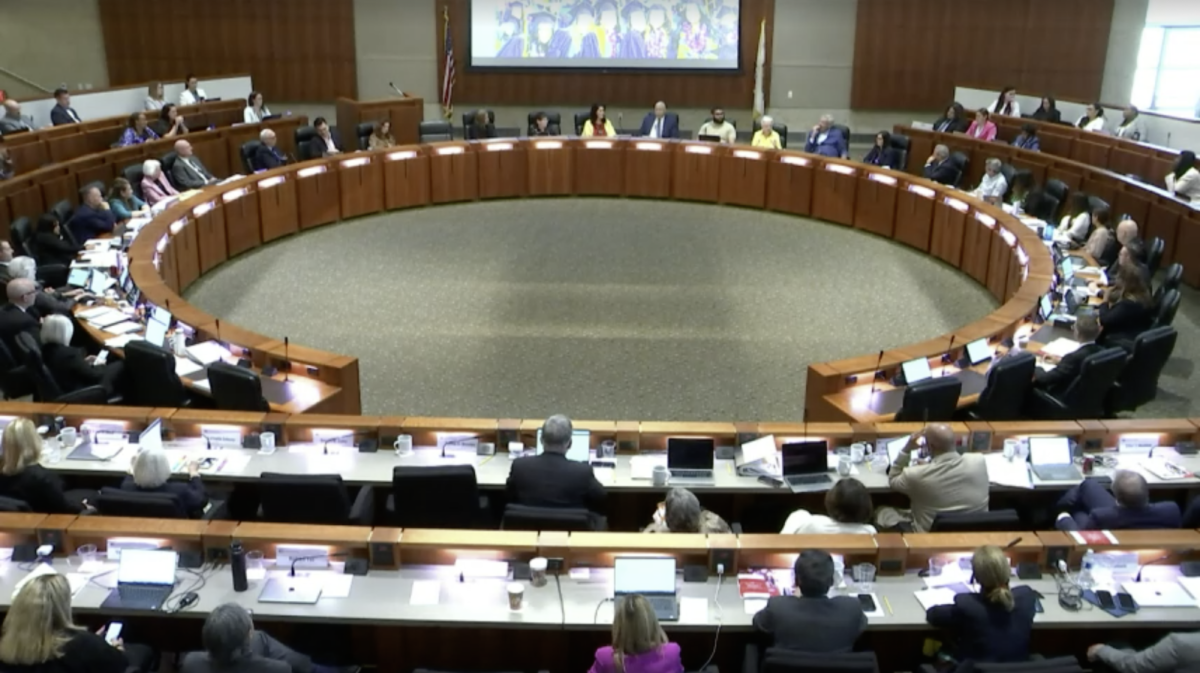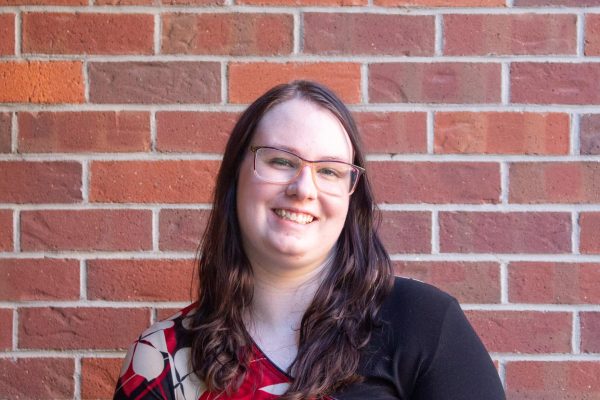The California State University’s Board of Trustees approved the multi-year tuition raise proposal with a majority 15-5 vote on Wednesday.
The motion was unanimously passed by the financial committee around 1:45 p.m. and officially approved by the plenary around 3:30 p.m.
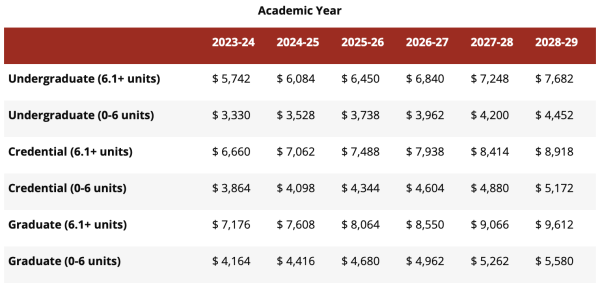
The yearly 6% tuition raise will go into effect next academic year, the above table outlines the tuition increases over five academic years. The tuition raise will “sunset” in the 2028-29 academic year following an assessment including student voices.
During the meeting, Student Trustee Jonathan Molina Mancio described the feeling within the room as “ominous doom.” Multiple trustees described how difficult this decision has been.
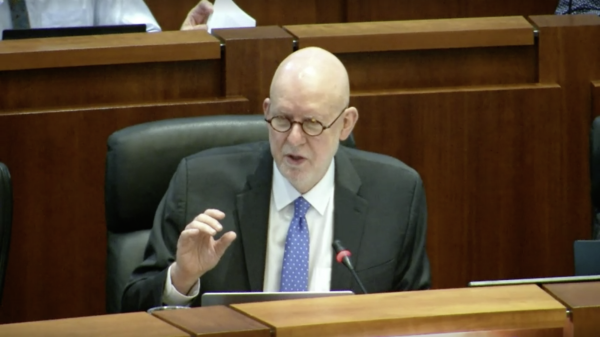
Leading up to the committee’s vote, multiple trustees voiced their concerns and posed questions to the proposal creators Steve Relyea, the executive vice chancellor and chief financial officer, and Ryan Storm, the budget assistant vice chancellor.
Most trustees who spoke out admitted to “hating” their choice to vote yes on the proposal, but some still had concerns.
California Lieutenant Governor Eleni Kounalakis brought up one concern regarding the lack of research and data collection on the impact on students. She suggested a vote delay in order to collect more student voices and hear from the newly-appointed CSU chancellor, Mildred García.
However, during the proposal presentation it was stated a vote delay would result in the tuition raise failing to be instituted due to the application process for next semester opening Oct. 1.
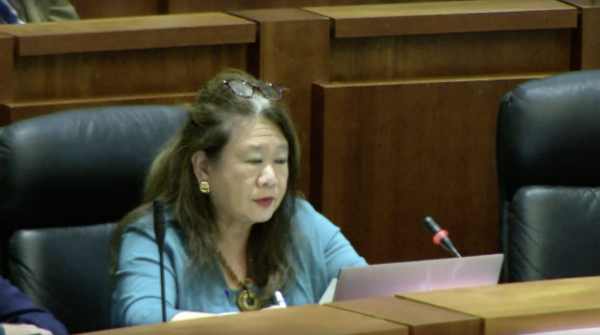
Other trustees also brought up the impact it could have on students. Faculty Trustee Darlene Yee-Melichar discussed how in the ‘90s she taught students at San Franciso State University, she then taught their children, and now she’s concerned for their grandchildren. Specifically what they will lose if the tuition proposal is not passed.
“Will the courses they [the students] need to graduate be offered? Will the faculty be available to them? Will the staff be on hand to help them with their graduation paperwork,” Yee-Melichar said.
Gilbert-Lurie brought up the student voices the board heard during the Board of Trustees’ Tuesday session. She said she heard the fear and confusion in their voices and that people were not expecting this tuition raise.
“We live in a moment when students are particularly anxious, where we’re all particularly anxious,” Gilbert-Lurie said.
She also stated she wanted to know before the five-year assessment which students were being negatively impacted and who were falling through the cracks.
Others also brought up how they knew the struggle of being a student and having to make ends meet, but ultimately the decision to help bridge the CSU’s funding gap had to be made.
It was stated even with the additional revenue brought in by the tuition raise, CSU management will still need to petition the state government for more funds to continue bridging the funding gap.
Trustee Julia Lopez related the funding gap issue to climate change, how the longer it goes unaddressed, the worse it gets.
Prior to the final vote by the plenary, one amendment was proposed by Student Trustee Diana Aguilar-Cruz to reduce the span of the raise to three years. The amendment was not approved.
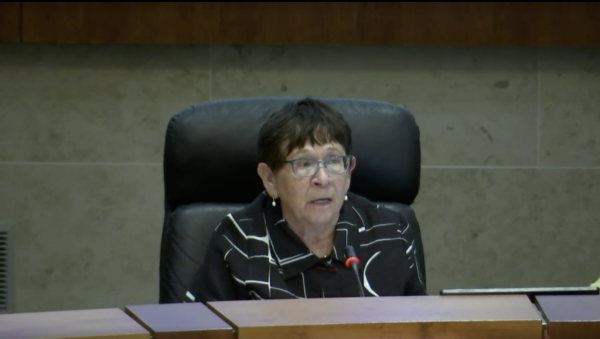
Interim Chancellor Jolene Koester stated the five-year tuition raise is designed to give university presidents stability and predictability in the source of funds. Anything less would cause a lack of these characteristics.
On the other side, representatives such as Tony Thurmond, the California state superintendent of public instruction, tried to convince the others to vote “yes” on the amendment, stating the board needs to listen to CSU students’ voices.
Aguilar-Cruz also stated the proposal will “benefit students in the long-term, but will harm students right now.”
A similar amendment was also brought before the financial committee before the plenary vote.
After questions and concerns were heard, Board Chair Wenda Fong motioned to reduce the span from five to three years. This motion was denied.
Gilbert-Lurie stated reducing the plan to three years would only add chaos to the system.
In response to the proposal’s approval, Relyea stated:
“The revenue from the tuition increase is essential to provide the CSU with the financial stability it needs to continue to serve students today and in the future. Coupled with an expanded financial aid structure that will look more holistically at the total cost of attendance, the CSU is committed to keeping costs as low as possible and providing support for students with the greatest financial need.”
The California Faculty Association, who held an opposition rally during Tuesday’s session, stated in an email:
“A vote for the proposed tuition increase reveals that trustees and administrators are out of touch with the lived realities of students and their families and the long-term well-being of the CSU and public higher education in California.”
The 2024-25 operating budget was also approved with one amendment. Recordings from the three-day meeting can be found here. The full agenda can be found here.
Chico State President Steve Perez is still at the Board of Trustees meeting, according to Andrew Staples, Chico State’s public relations manager, and will probably release a statement on Thursday.
Ariana Powell can be reached at orionmanagingeditor@gmail.com and alpowell1@csuchico.edu.







